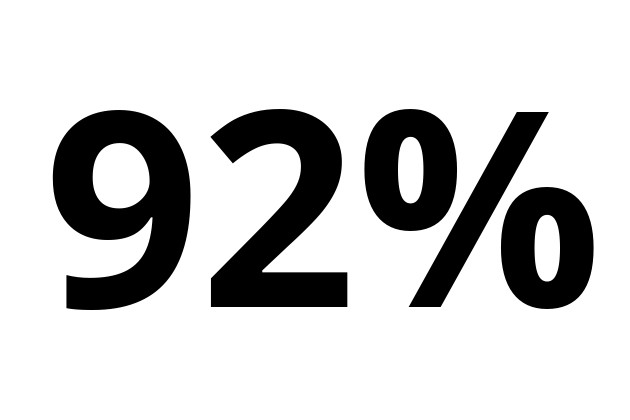The government is in the process of assessing the feasibility of introducing such rules, with the University of Luxembourg undertaking a study to analyse the impact of human rights due diligence laws at national, EU and international level.
A group of 17 non-governmental organisations in Luxembourg carried out a survey in October, finding that 92% of respondents supported human rights due diligence laws, with 93% saying measures should be taken against environmental damage impacting human rights.
Luxembourg last week was ordered by the European Court of Human Rights to respond to charges by six young climate activists that the country was violating their human rights by contributing to the climate emergency.
With Luxembourg campaigning for a temporary seat on the UN’s human rights council in 2021, 86% of respondents in the survey said the grand duchy would be a more credible contender by adopting due diligence laws for businesses.
The government in February presented the second edition of a human rights due diligence action plan, which focuses more on awareness raising and voluntary commitments by companies rather than mandatory obligations.
But 85% of people in the survey said they agreed that damaged parties should be able to sue companies in Luxembourg over their violation of the rights of workers or local communities where they operate.
The New York Times in 2019, for example, published a report highlighting the exploitation of refugee workers and child labourers at hazelnut farms in Turkey, which supply Ferrero. The chocolate company’s European HQ is based in Luxembourg.
A spokesperson commented to the Times that the company was “dedicated to providing its people with safe and decent working conditions.”
Luxembourg has also been in the headlines for hosting internet company Mindgeek, which faces accusations of featuring rape and child sexual abuse videos on its Pornhub platform. The company has denied the allegations.
Measures in the national action plan also include more thorough background checks of companies taking part in public calls for tender as well as establishing due diligence procedures in companies where the state is a majority shareholder, such as the Spuerkeess bank, rail operator CFL or the Post.
The plan is based on UN guiding principles adopted in 2011 stating that all member countries “must protect against human rights abuse within their territory and/or jurisdiction by third parties, including business enterprises. This requires taking appropriate steps to prevent, investigate, punish and redress such abuse through effective policies, legislation, regulations and adjudication.”
The survey was carried out online by TNL Ilres between 9 and 16 October among a representative group of 505 Luxembourg residents.
